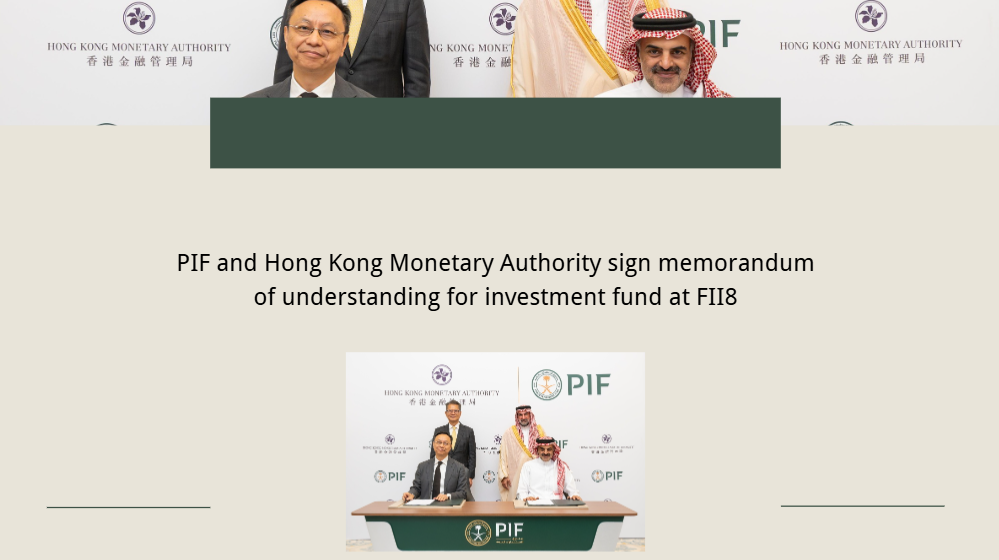Investors Confident in China's Economic Potential Amid Expanded Foreign Investment Reforms
As China Prepares for the 7th CIIE, Foreign Investors See Increasing Opportunities and Stability
As the China International Import Expo (CIIE) gears up for its seventh annual event in Shanghai, anticipation is high. Set to run from November 5-10, this global gathering will feature enterprises from 152 countries, including 297 of the world's Fortune Global 500 companies. The CIIE, which has witnessed nearly 2,500 product debuts and cumulative turnover exceeding $420 billion since its inception, highlights China's role as a global trade nexus. This year's edition underscores China's continued commitment to opening up to foreign capital and fostering mutual growth opportunities.
With new policies to attract foreign direct investment (FDI) and increase trade, China aims to align more closely with high-standard international trade regulations. As Zhang Bin, Deputy Director of the Institute of World Economics and Politics at the Chinese Academy of Social Sciences, noted, China's policy direction reflects an active alignment with global norms, which seeks to “enhance synergy between domestic and international markets and continuously cultivate new international competitive advantages.”
Foreign Trade Zones: Accelerating Reform in Key Regions
On October 25, China’s government introduced guidelines designed to harmonize select Free Trade Zones (FTZs) with international economic standards. These guidelines encompass six major aspects: goods and services trade, digital trade, cross-border personnel mobility, business environment optimization, and risk management. The pilot program includes FTZs in strategic locations such as Shanghai, Guangdong, and Fujian, expanding into both coastal and inland areas to support broad-based regional growth.
FTZs have become instrumental in attracting foreign capital and boosting China's trade volumes. From January to September 2024, trade volumes in FTZs increased by 11.99% year-over-year, now representing around 20% of China's total FDI and import-export transactions. Additionally, China recently introduced a zero-tariff policy for all Least Developed Countries that maintain diplomatic relations, a move set to take effect on December 1, 2024. This step strengthens China's role in supporting global trade, particularly with developing economies.

Reforms in Foreign Investment Regulations
Recent changes to the national negative list—the policy that delineates sectors restricted to foreign investors—mark another significant stride toward openness. By removing all barriers in the manufacturing sector, the latest policy cuts restricted fields down to 29, reflecting China's intention to liberalize its economy further. According to Jin Xiandong from the National Development and Reform Commission, these adjustments signal “a proactive stance towards global cooperation and economic integration,” further strengthening China's appeal to foreign investors.
The liberalization extends beyond manufacturing. In September, China approved foreign-owned hospitals in nine cities, including Beijing, Shanghai, and Guangzhou, and the Hainan Free Trade Port. Moreover, China's pilot initiative in October allows foreign firms to establish wholly-owned entities in digital services, including internet data centers and online processing sectors, further diversifying entry points for foreign capital.
Robust Foreign Investment in Key Sectors
China's open-door policy has driven a steady increase in new foreign-invested firms, totaling 42,108 new establishments—a 11.4% rise from the previous year. Medical equipment manufacturing and technology sectors have seen especially strong inflows, with FDI in medical device manufacturing up by 57.3% and computer and office equipment manufacturing by 29.2%.
Major corporations are capitalizing on these policy shifts. Germany's Bosch Group, for instance, recently announced plans to expand its Chinese operations, focusing on producing critical components for electric vehicles. Stefan Hartung, Chairman of Bosch's Board of Directors, noted that “China's proactive approach to investment and production capacity allows us to respond to market demands rapidly.” Bosch's latest investment showcases how China's policy environment is translating into substantial foreign capital commitments.
Confidence in China's Long-Term Economic Stability
In response to China's evolving economic policies, investors are demonstrating increased confidence in the Chinese market. David Tepper, founder of a prominent Wall Street hedge fund, recently expressed optimism about Chinese stocks, adding, “We're holding more China-related shares for the long term.” Similarly, the Nasdaq Golden Dragon China Index, which reflects Chinese companies listed in the U.S., surged over 20% in late September, underscoring renewed investor interest. Global financial powerhouses such as Goldman Sachs and Morgan Stanley regard China as a compelling value proposition, anticipating a rise in the allocation of Chinese assets within global portfolios.
The positive sentiment extends to multinational corporations operating in China. Bill Anderson, CEO of Bayer Group, observed the “immense potential” within China's consumer and innovation-driven market. For firms like Bosch, Bayer, and Schneider Electric, China is not only a key market but also a hub for strategic innovation and long-term growth.
The Path Forward: Policy Direction and Market Synergies
China's determination to create a more accessible, globally integrated marketplace is clear. For foreign investors, the appeal of China extends beyond immediate returns; it includes the promise of an adaptable, resilient, and innovative economy. The expanding regulatory support underscores China's drive to position itself as a central player in the global economic landscape. By fostering a stable and transparent business environment, China continues to attract global investors who see not only growth opportunities but also a maturing economic framework aligned with international standards.
China's policy refinements and expanding FTZ model are expected to further consolidate its role in global trade. For companies and investors alike, the Chinese market presents a unique blend of potential and strategic value, reflecting both immediate investment returns and a long-term alignment with the country's evolving economic ecosystem.






















































First, please LoginComment After ~